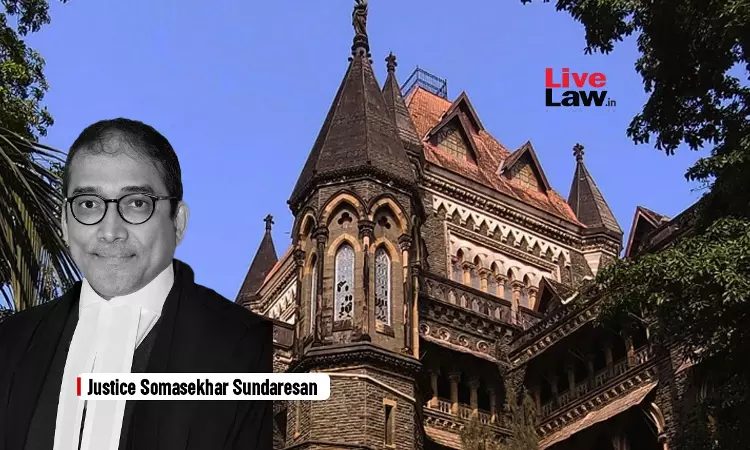- Home
- /
- High Courts
- /
- Bombay High Court
- /
- 'Big Corporations Must Adopt...
'Big Corporations Must Adopt Reasonable Litigation Policy Against Small Enterprises': Bombay High Court
Mohd Malik Chauhan
18 Oct 2025 11:25 AM IST
The Bombay High Court dismissed an appeal under section 37 of the Arbitration and Conciliation Act, 1996 (Arbitration Act) filed by Mahindra Defence Systems Ltd. challenging an arbitral award passed by the Micro, Small and Medium Enterprises Facilitation Council in favour of Rajana Industries holding that the award was reasoned, fair and free from...
The Bombay High Court dismissed an appeal under section 37 of the Arbitration and Conciliation Act, 1996 (Arbitration Act) filed by Mahindra Defence Systems Ltd. challenging an arbitral award passed by the Micro, Small and Medium Enterprises Facilitation Council in favour of Rajana Industries holding that the award was reasoned, fair and free from perversity.
Justice Somasekhar Sundaresan while upholding concurrent findings of the District Judge and the Council observed that industry leaders must demonstrate litigation restraint instead of dragging small corporations into prolonged litigations.
The court held that “Large corporates, particularly those that occupy positions of corporate leadership, must set an example by adopting a reasonable litigation policy. For the weak protectees of the MSMED Act, non-payment and continued frustration could lead to bankruptcy.”
Background:
The dispute arose out of three purchase orders issued by Mahindra Defence Systems Limited (Appellant) to Ranjana Industries (Respondent) for supply of “QTTM Assembly Section” components. While part payments were made, the respondent stated that the appellant failed to clear the outstanding dues and claimed interest under sections 15 and 16 of the MSMED Act.
Mahindra objected stating that the delivery was delayed, defective and did not conform to the technical specifications.
Findings:
The court while focusing on the limited scope of interference under sections 34 and 37 of the Arbitration Act observed that the appellant sought re-appreciation of evidence which is not permissible.
The court referred to section 2(e) of the MSMED Act and held that the 15 day time period for raising objections after delivery is mandatory and not directory.
“The definition of 'appointed day' has firm and specific consequences under the Act — it determines when payment becomes due, when interest starts accruing, and when statutory disclosures must be made. It cannot be lightly wished away,” the Court said.
In light of the above, the court held that the Mahindra's objections did not constitute valid objections but mere observations for improvement and therefore the payment became due after expiry of the appointed day.
The court also noted that there was no proof indicating that the goods were returned or that the damages were paid by the Appellant to the Government of India or even hired or paid an alternate vendor.
It held that “It is plausible that any reasonable arbitral tribunal could conclude that the products were put to use by Mahindra, particularly in the absence of evidence of their having been physically returned. It is plausible to conclude that no liquidated damages or penalty had been paid to the ultimate customer i.e. the Government of India since no proof of any such a payment had been provided. As for working with an alternate vendor, strangely, Mahindra could not come up with anything more than a purchase order, with no evidence of anything else”.
The court noted that the company had relied only on purchase order to an alternate vendor without any proof of performance, payment or VAT filings.
The court also dismissed the Mahindra's belated claim that the contract was a work contract and therefore was outside the scope of the MSMED Act holding that the contract was for supply of goods and services and hence fall within the scope of the MSMED Act.
The court concluded that “Large corporates must introspect on what battles to pick and litigate on. The deterrent interest rate under Section 16 and the 75% deposit requirement under Section 19 of the MSMED Act are meant to protect micro enterprises, not to be treated as mere miscellaneous expenses.”
Accordingly, the present appeal was dismissed.
Case Title:Mahindra Defence Systems Limited Versus Ranjana Industries Through Sole Prop. Mr. Sunil Palve
Case Number: ARBITRATION APPEAL NO. 47 OF 2023 WITH INTERIM APPLICATION NO. 17383 OF 2023 IN ARBITRATION APPEAL NO. 47 OF 2023
Order Date: 30/09/2025



